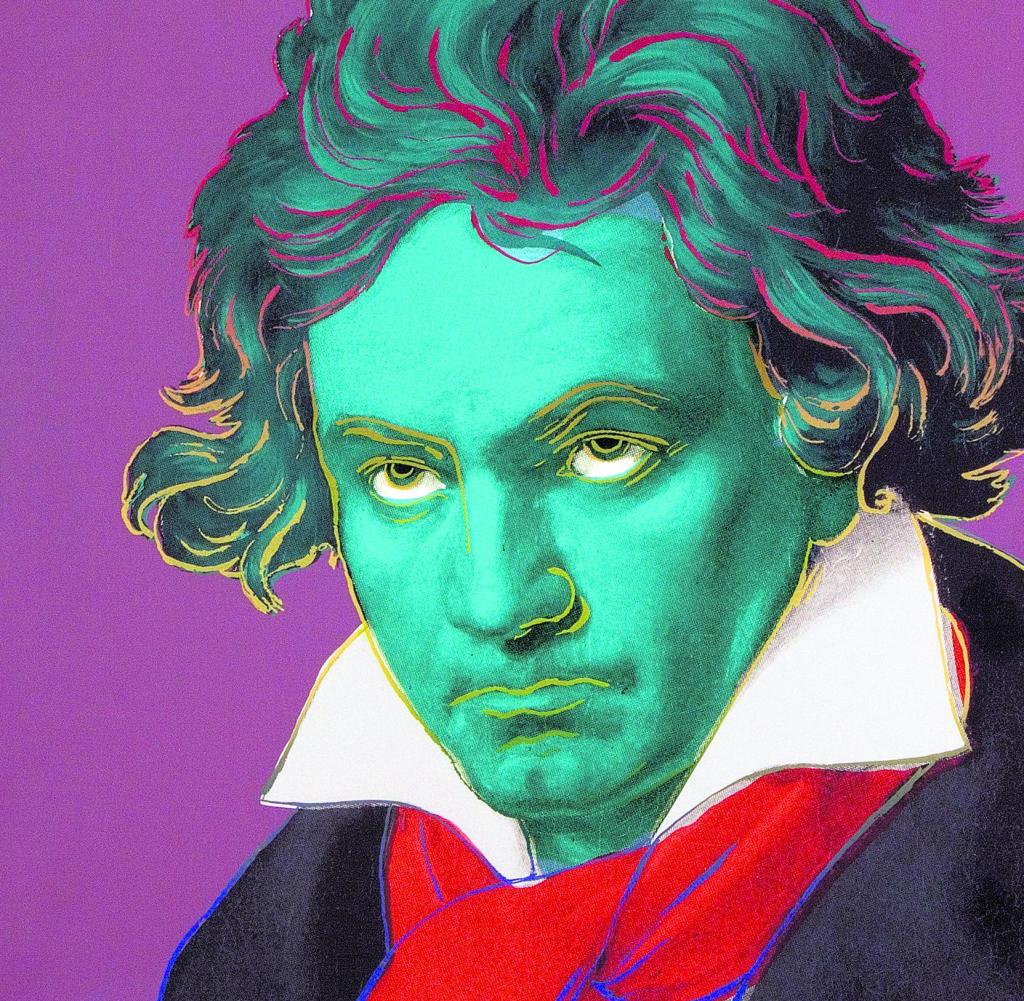Beethoven250
Happy birthday, Ludwig van Beethoven!
In December 1770 in the city of Bonn (Germany), Ludwig was born in the same house where the famous impresario, violinist, composer, concert manager at Hanover Square Rooms in London and close friend of Joseph Haydn, Johann Peter Salomon (1745-1815) lived before.

Beethoven and Salomon were both musicians in the court music band in Bonn and their parents already performed there too. In 1792 Beethoven moved to Vienna and stayed there for the rest of his life. He started his career as a piano virtuoso and created in the meanwhile his first compositions for orchestra. The tragedy about the increasing problems of his hearing didn’t stop him from continuing writing remarkable and immortal composition. The sound was in his mind and thanks to his imagination of how the music will sound like, he left us an impressive number of pieces in different genres. The mystery about the symphonies and the never reached talent of developing masterpieces of music out of one single motif is incredible.
Some weeks ago I watched the 2nd version of his only one opera “Fidelio” with the Vienna Symphony Orchestra under the musical direction of the Austrian conductor Manfred Honeck at the Theater an der Wien, where the premiere of this version took place in 1806. I have to say, that besides the finale of the third version, I prefer the second one. A lot of wonderful music and instrumentation is missing in the last version of “Fidelio”, even if the last version is tighter and more straight forward.
Especially in Beethoven’s case, we can follow up on his work process by looking into his numerous sketchbooks. The American Conductor Leonard Bernstein reconstructed for the 5th Symphony some of Beethoven’s sketches and replaced them where they might have belonged to and figured out why Beethoven, in the end, didn’t use these ideas. It’s very interesting to hear what might have come out if Beethoven stuck to some of these sketches.
You find the audio recording of Bernstein here. Have a look at what happens if Beethoven wouldn’t have consisted of reaching perfection and logic from the first movement to the fourth to make the work its best.
I had the amazing opportunity to conduct all his symphonies, concertos and overtures in 2016. The studies of Beethoven’s work together with Maestro Manfred Huss gave me an incredible insight into the genius of the composer and it was a school of conducting, performing these difficult pieces.




